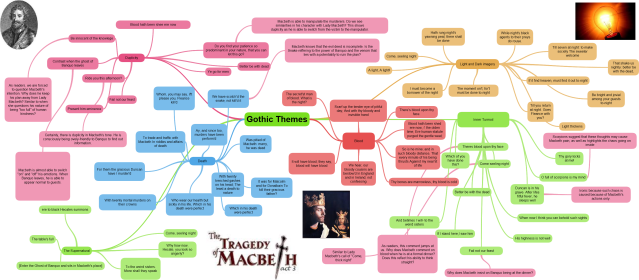Hi Guys, I just received an email about my typos on here!! I type without looking most of the time, and the computer I’m using doesn’t have spell check unfortunately so I will definitely correct these tomorrow. For now, make sure you double check the spelling before revising them! Thank you again.
- a perfect misanthropist’s heaven
- a range of gaunt thorns all stretching their limbs one way
- other dogs haunted otherrecesses
- he is a dark skinned gipsy in aspect in dress and managers a gentleman, an erect and handsome figure
- guests are so exceedingly rare in this house that I and my dogs, I am willing to own hardly know how to receive them
- I found him very intelligent
- It is astonishing how sociable I feel myself compared with him
- his thick brown curls were rough and uncultivated
- his whispers encroached bearishly over his cheeks
- it was impossible that the universal scown they wore was their everyday countenance
- they had so many queer goings on – Zillah
- felt secure against the vigilance of Heathcliff
- let me in,let me in..terror made me cruel
- twenty years I’ve been a wait for twenty years
- burst into an uncontrollable passion of tears>HC trying to call Cathy back
- It was the name of a son who died in childhood
- Hindley hated him: and to say the truth I did the same
- hardened perhaps, to ill treatment
- he was uncomplaining as a lamb; though hardness, not gentleness made him give little trouble
- Joseph: the wearisome, self righteous Pharisee that ever ransacked a Bible to rake he promises to himself and fling the curses of the neighbours
- We don’t in general take to foreigners here Mr Lockwood, unless they take to us first
- Cathy stayed at Thrushcross Grange five weks
- I shall be as dirty as I please: and I like to be dirty, and I will be dirty
- Nelly, make me decent. I am going to be good
- I wish I had light hair nd fai skin, and was dressed and behaved as well, and had a chance of being as rich as he will be
- I should be miserable all night, and I won’t be miserable for you! – Catherine to Linton
- I’ve no more business to marryEdgar Linton than I have to be in heavn
- It would derade me to marry Healthcliff now: so he shall never know how I love him
- He’s more myself than I am, Whatever our souls are made of, his and mine are the same, and Linton’s as different as a moonbam from lightening, or frost from fire
- Nelly, I am Healthcliff
- He’s a fierce, wolfish man
- He howled, not like a man but lke a savage beast
- Be with me always-take an form-drive me mad! Only do not elave me in this abyss where I cannot find you! Oh God! It is unutterable! I cannot vie without my life! I cannot live without my osul!
- What in the name of all that feels has he to do wit books when I am dying
- Oh I will die she exclaimed, since no one cares anything about me
- Heathcliff “wrenched it off the chain and crushed it with his foot”
- “you are lonely like the devil, and envious like him”
- they would not shut, they seemed to sneer
- I’ll choose between these two, either to starve at once(..) or to recover and leave the country
- Won’t you have me and save me? Linton to Catherine
- Catherine, his happiest days were over when yours began
-
“I could not picture a father treating a dying child as tyrannically and wickedly as I afterwards learned Heathcliff had treated him”
- He’s a bird of bad omen- Nelly on HC
- growling thunder, and the great drops that began to plash around her” pathetic fallacy “

